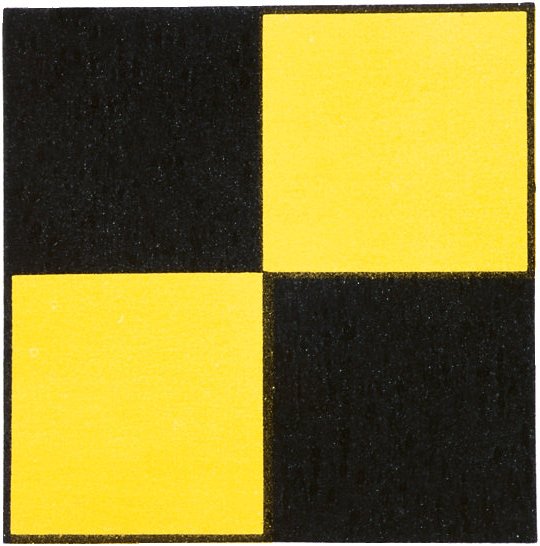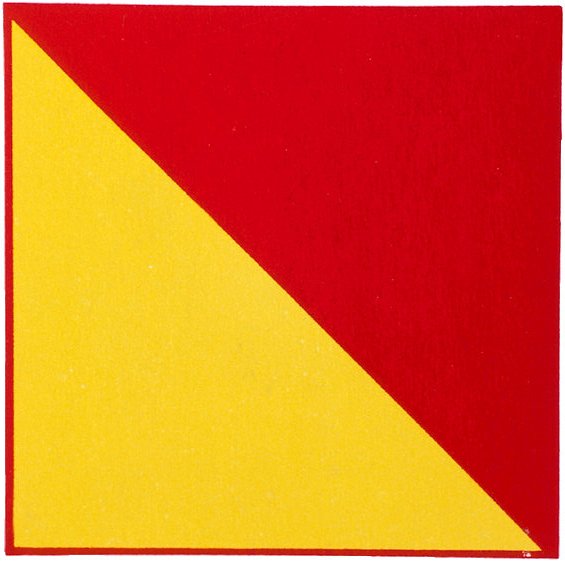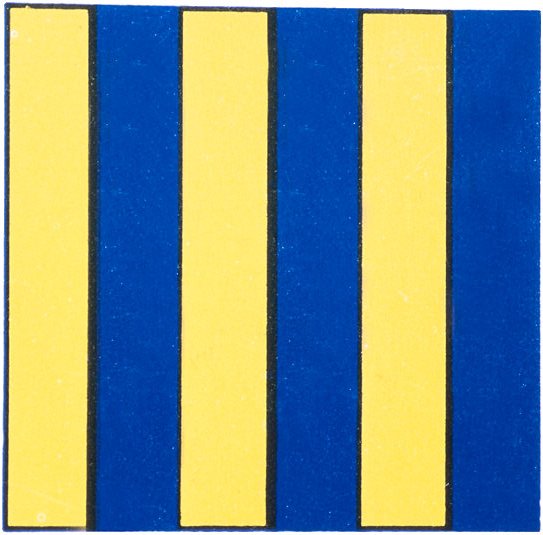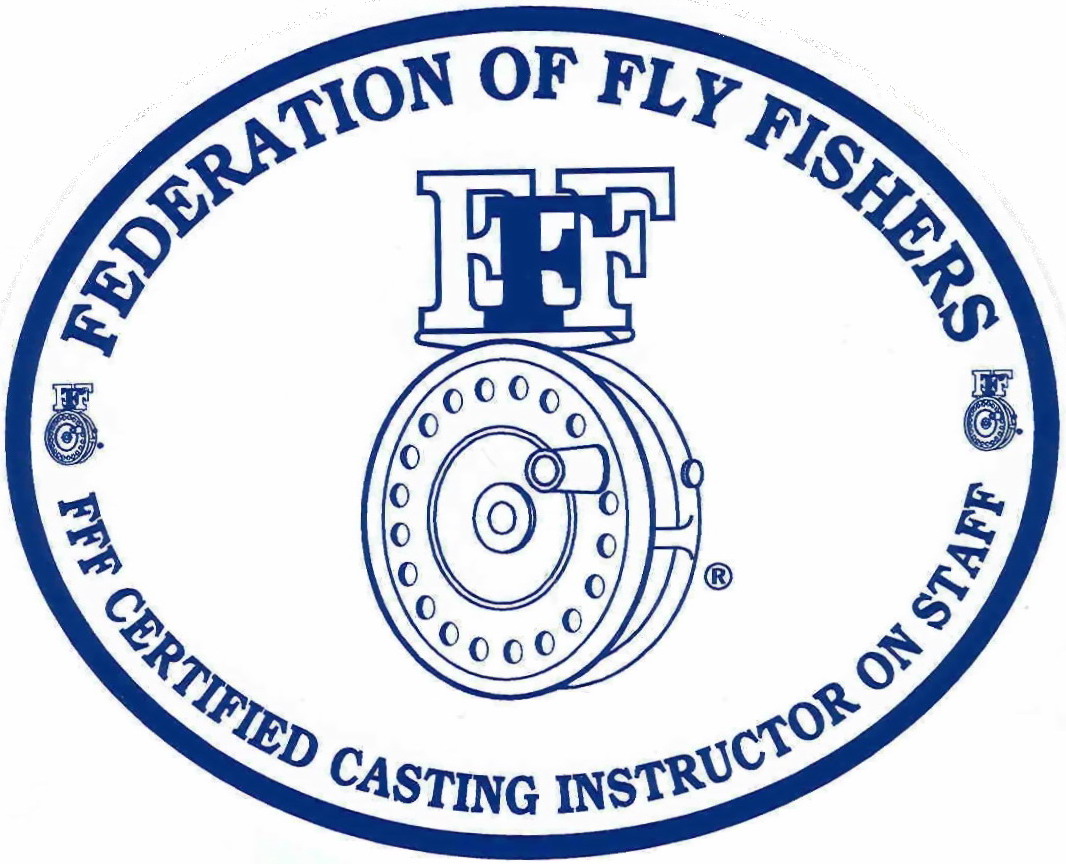Tips to Keep in Mind on a Guided Fishing Excursion
by Captain Jim Barr on 09/14/16
If you've never been on a guided fishing trip the following points should help you be better prepared and make your trip more enjoyable and hopefully productive.
1.Fishing unfamiliar waters? ...save the first day of going fishless, and up the odds that on successive days and return trips by hiring a guide. Guides are expensive but they spend a lot of Time on the Water. Learn from them and if possible, guide yourself on the following days or on your next trip.
2.Guides know their waters at all times of the day, at all tides, and in all seasons. They know what fly patterns to use and which presentation techniques work.
3.Before casting, understand the wind direction and check your back casting room for obstructions- such as the guide, your fishing partner, the boat antenna etc. Use the back hand or off shoulder cast to keep the fly line from crossing over the boat and getting hung up or worse-yet, causing injury.
4.Use stripping baskets on boats for line control, particularly if you are experiencing windy conditions.
5.When the guide tells guests to pull their lines as he is about to move, do it immediately- lines can get tangled in the prop very easily that results in losing valuable time, and worse yet causing equipment damage.
6.As an angler you should always have at minimum 10 feet of fly line (no including leader and tippet) outside the tip top and a minimum of 30 feet of line at your feet or in a stripping basket. You need to be ready to make several false casts to get your 30 feet of fly line aerialized to effectively load the rod to make the cast.
7. Things to do before and during your fishing each day:
•Cast for several minutes to warm-up especially if sight casting. This improves your timing, loosens you up, develops confidence, and shows the guide how you cast
•Have your terminal tackle prepared if using your equipment
•Make sure hooks are sharp
•Stretch the fly lines you are going to use
•Have already cleaned your line and leaders and inspect them for nicks and frays and change them if necessary
•Check that all knots are strong
8.If you have hired a guide...help the guide. Be upfront and honest about your experience and particularly your casting abilities. Don't be locked into using a fly rod if your skills are inadequate or if conditions make it difficult to use a fly rod i.e. too much wind, too bumpy, or a low tide that does not allow the guide to position the boat close to productive water.
9.All eyes and ears are focused on the job at-hand. When fishing difficult areas with rocks, swells/waves- help the guide with input on water depth, an oncoming swell, and alerts about navigational and lobster pot buoys.
10.Your guide is not your butler. The guide's principal job is to put you ONTO fish. He cannot catch fish for you.
11.If you are on a guided trip and you're into Bluefish... let the guide handle the fish and to crush the hook barb, do not risk injury that requires a trip to the Emergency Room to remove a hook or stitch a laceration.
12.Tell the guide in advance if you cast right or left handed, this will help the guide attempt to position the boat best for each of you given your respective casting skills.
13.If your guided trip is mostly about learning a fishery and less about catching a lot of fish...advise the guide accordingly and ask him to spend more time than usual talking about how best to fish that fishery. The good guides will help you, the selfish ones will be closed-mouthed.
14.Some anglers are trophy hunters, others just want to catch a few fish and others may just want to learn a fishery. Discuss your preferences at the beginning of the outing.
15.If you have any special medical, dietary or drinking restrictions, they need to be discussed with the guide before your fishing day begins.
16.If you are going to use your equipment, tell the guide in advance of your intentions. You will frustrate the guide and yourself if you are fishing with equipment not up to the task.
17.Sometimes a guide acts as a referee between two anglers who are competing for the optimal casting position on the boat. Accept the guide's recommendation, he can allocate the preferred casting positions fairly.





